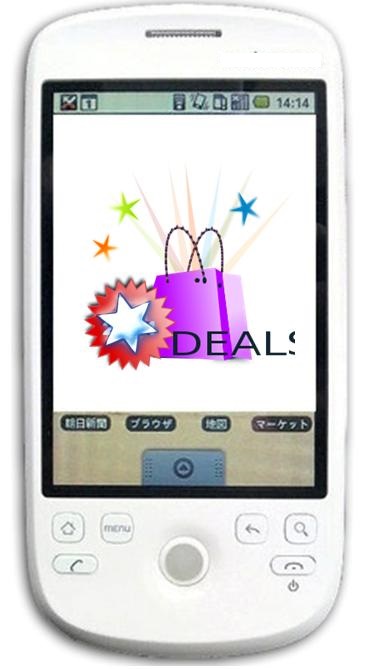 New features through eBay’s RedLaser have made discounts and in-store mapping possible.
New features through eBay’s RedLaser have made discounts and in-store mapping possible.
According to the latest news from eBay Inc. and its RedLaser app, new geolocation features will now allow consumers to discover offers and deals from local retailers that are close by, with a simple tap of the screen.
So far, there are several big name participants in this program that could be beneficial to shoppers.
Among the deals that can be discovered through this geolocation app are those from Sears, Best Buy, and Toys ‘R’ Us, among others. This latest update to the mobile commerce app from eBay occurred earlier this week. Since then, it has included a Local Deals tab, as well as additional coupons to help promote savings.
Among the additional geolocation features are the ability to clip coupons, view flyers, and receive alerts.
The notification alerts occur when a nearby store is offering RedLaser deals. The geolocation technology then takes things a step further by allowing the smartphone user to view interactive in-store mapping of various retailers such as some Home Depot and Walgreen’s locations.
According to the geolocation technology news releases, the RedLaser app can now be used in a broad range of different ways. It opens by suggesting products that the user may find appealing. These are selected based on the searches that have previously been performed by the consumer since first using the app. The app can also be tapped to see the top deals of the day. Beyond that, its features have already included searching by image and keyword, as well as scanning product barcodes.
In order to use the geolocation feature for local deals, users of the app can tap the new tab and browse for the various offers available nearby in the “browse deals around you” section, which is accessed through a button tap. This provides a list of nearby retailers that participate in the program, ordered from closest to the one that is farthest away. Choosing a specific retailer opens a page that includes details about the nearby store location, its available weekly flyer, any coupons that can be used in-store, any online offers being made available, as well as an in-store map (if it is available at that location).

 d offers geographically relevant.
d offers geographically relevant.